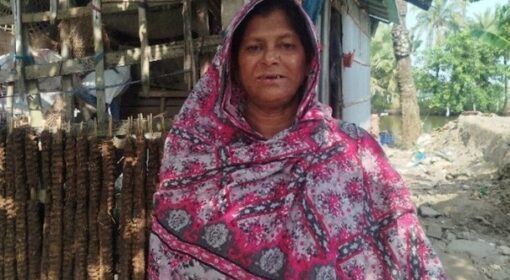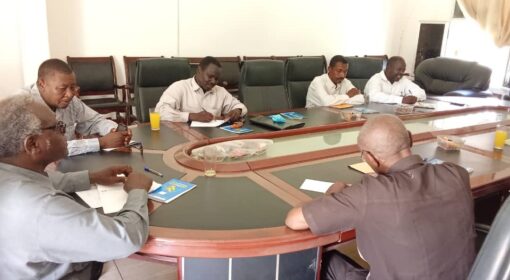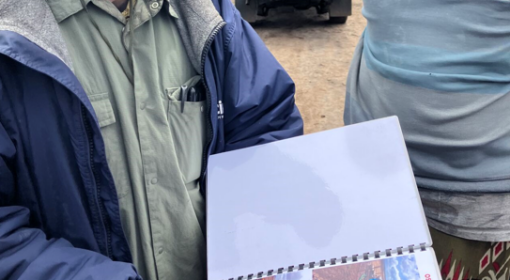By Uttaran, supported by Dr. Jannatul Naim Rushni
This blog is part of a dossier on locally-led adaptation, featuring insights and lessons from the Reversing the Flow (RtF) program. RtF empowers communities in Bangladesh, Burkina Faso, Ethiopia, Kenya, and Sudan to build climate resilience through direct funding and a community-driven, landscape approach.
RtF’s Regranting Mechanism: Empowering Local Ownership
RtF works by local NGOs who serve as hubs in each region. These hubs regrant 70% of the €1 million they receive directly to local communities, enabling those communities to lead their own adaptation efforts. The regranting mechanism under RtF is more than a funding tool: it signals a shift in power and perspective, sparking broader policy dialogue and establishing a new identity for climate-vulnerable groups.
The LANDWATER initiative in Coastal Bangladesh
In the southwest coastal region of Bangladesh, the LANDWATER initiative, implemented through the local NGO Uttaran, addresses the deeply interconnected challenges of waterlogging, salinity intrusion, sedimentation, and increasing climatic unpredictability. These stresses threaten both ecosystems and livelihoods, calling for sustained, coordinated responses rooted in local knowledge.
Eight landscapes were selected, each with its own Landscape Management Committee (LMC). These committees lead inclusive community discussions, listening sessions, and mass meetings to identify restoration priorities. This grassroots engagement ensures that adaptation measures reflect local realities and needs.
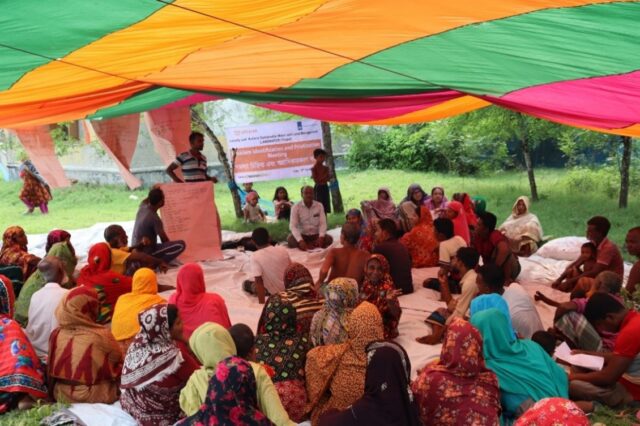
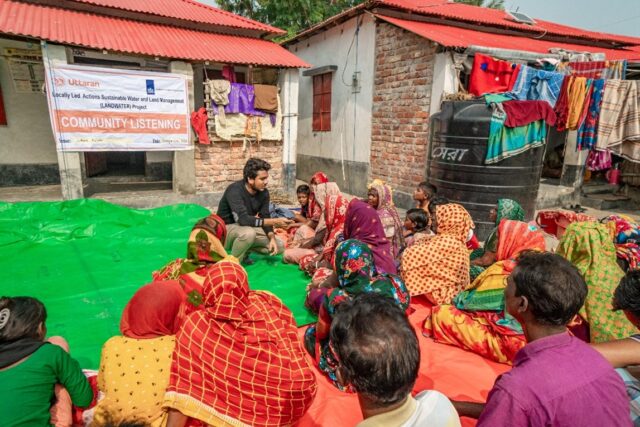
The regranting process, launched in April-May 2025, brought together communities, local government, and civil society, including influential local leaders, to promote shared ownership and collective action. Uttaran adopts a democratic and inclusive approach to fund disbursement, moving away from traditional top-down models. By engaging local government and diverse stakeholders through existing delivery structures, the process ensures alignment with community needs. It also encourages collaboration among neighboring communities within the same landscape, fostering a shared vision and collective responsibility for sustainable landscape restoration.
This inclusive model strengthens mutual trust and lays the groundwork for long-term resilience planning. A powerful symbol of this shift came when regranting checks were distributed in the presence of the Upazila Nirbahi Officer (UNO), the central government’s administrative head at sub-district level. This moment provided not only formal recognition but also a deep sense of pride for communities historically overlooked by development systems.
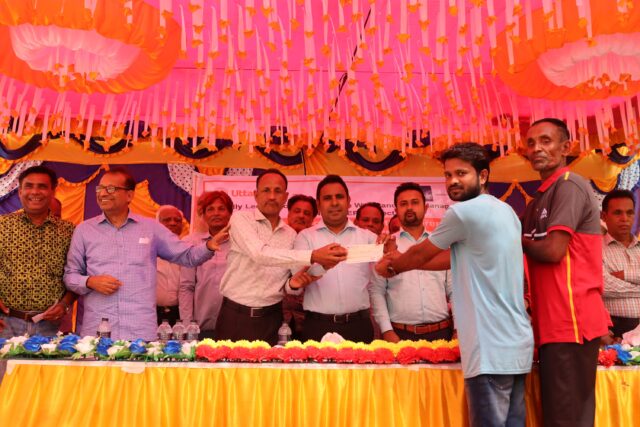
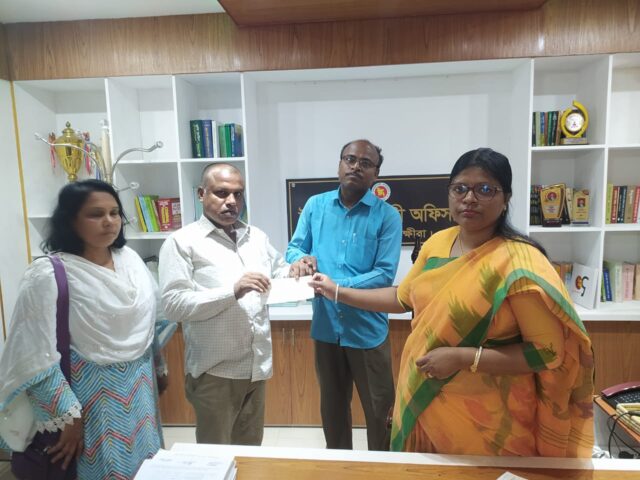
For the first time, these vulnerable groups are seen not just as recipients of aid, but as organized, capable actors—drivers of their own development. The RtF model is showing what’s possible when power is genuinely shared, and when adaptation is led from the ground up.
Through RtF, regranting has become a platform for visibility, trust-building, and policy influence marking a promising start toward locally led resilience and a redefined identity for char and coastal communities.
